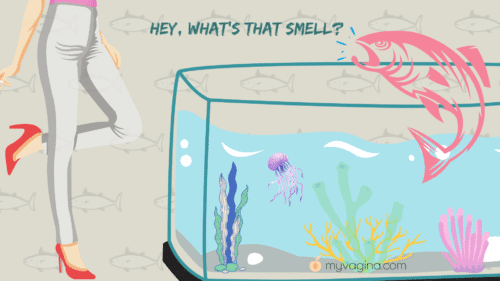Treating BV during pregnancy (Killing BV)
If you're pregnant, we've got recommendations for Killing BV treatments that are baby-friendly.
What is genital shedding in herpes?
Viral shedding is where a virus makes virus babies that are popped out of cells, setting out to find their own cells to replicate in, and pop out their own viral babies.
Study: BV, HIV and herpes – is all what it seems?
The link between HIV, BV and HSV-2 may not be as it seems.
BV penis treatment for men
Men need to be treated too.
Epstein-Barr Virus (EBV) – how it can affect the vagina and urinary tract
EBV is a cause of vulvar ulcers, particularly in younger girls, with the manifestation of this virus in the genitals thought to be rare.
Ureaplasma infection (reproductive and urinary tracts)
Ureaplasma is an antibiotic-resistant infection that can affect the urogenital tract of women and men. We discuss its basic components in women.
Mycoplasma infections
Mycoplasma refers to a few species of bacteria that can reside in and infect the female genital tract, with several species resistant to antibiotics.
How BV can cause preterm birth
Learn how BV attacks the mucous plug that keeps your baby safe.
Mycoplasma hominis – a cause of PID and BV
This bacteria can cause infections in women. Learn the scientific elements of this tiny bacterium.
A deeper understanding of the bacteria in BV and how they interact
BV-related bacteria interact with each other and lactobacilli species in the vagina.
What exactly is that fishy smell?
Ever wondered what made your vagina smell like fish? We explain.
Treating Group B Strep vulvovaginitis
Discover the signs, symptoms, and treatment options for Group B Strep vaginitis, a misunderstood and often misdiagnosed condition.
Study: DNase disrupts biofilm of G. vaginalis
DNase disrupts biofilms created by G. vaginalis, but it is not available for us just yet.
At-home symptom relief for vaginal yeast infections (thrush)
Easy, cheap, at-home treatments for minor vaginal yeast infections.
Nugent scores for determining BV
A short outline of the Nugent score and how it is determined.
HPV vaccine – Gardasil and Cervarix – for men and women
The Gardasil vaccine is used in boys and girls up to age 26 to protect against various HPV strains.
Review: Klaire Labs InterFase and InterFase Plus
InterFase and InterFase Plus is a biofilm enzyme treatment taken orally to reduce pathogenic biofilms throughout the digestive tract.
Can I use veggie caps for the suppositories?
Veggie caps can be quite drying and gluggy in the vagina, because they absorb moisture to break down, and are designed for the stomach, which has acid.
Study: Coriander and thyme essential oils for vaginal infections
A study takes a closer look at whether coriander and thyme essential oils work on biofilms.
Granuloma inguinale (Klebsiella granulomatis)
Granuloma inguinale is an STI caused by a bacteria, and causes lumps that turn into sores in the genital area.




